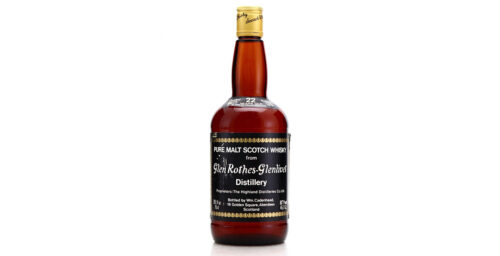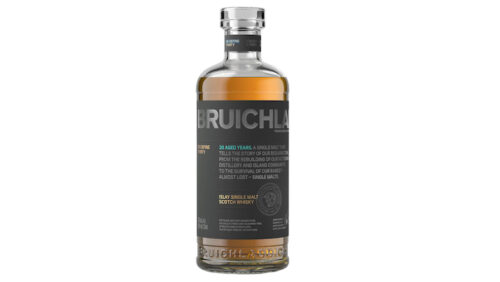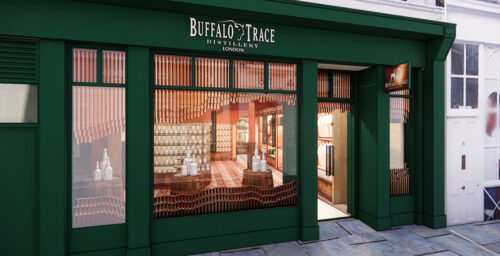We’ve all been there. The nausea. The splitting headache. The feeling that if you get out of bed, you may die. Overindulging might be fun while you’re doing it, but the hangover you wake up with certainly isn’t. But what exactly causes that uniquely painful state?
Many people blame dehydration for the malaise that follows a night of drinking, but studies show it’s not to blame. While it’s true that alcohol is a diuretic—it makes you pee—dehydration isn’t the only factor, or even the primary one, in morning-after misery. So where do hangovers come from?

Strangely, we’re not quite sure what causes them. Studies have revealed several factors that have an impact on hangovers, but nobody has pinned down an overriding cause.
One variable that has a measurable impact is the type of drink you choose to imbibe. Specifically, worse hangovers are caused by higher levels of congeners—that’s the grown-up word for everything produced by fermentation and aging other than ethanol. Fusel alcohols like methanol, as well as acetone, esters, tannins, and aldehydes are all examples of congeners.
Unfortunately for whiskey drinkers, those congeners are also responsible for the complex aromas in our favorite drams. Vodka, which is low in congeners, has been shown to cause less painful hangovers than darker, more flavorful drinks like whiskey and red wine. In one study, 33% of participants who drank whiskey reported feeling hung over the next day, compared to only 3% of participants who had an equivalent amount of vodka.
So, short of not drinking whiskey, what does science tell us about the best way to prevent or cure hangovers?
Again, there’s no proven method. Drinking plenty of water will help with certain symptoms, but you can only prevent the worst symptoms of a hangover—nausea and headaches—by not drinking in the first place, or by drinking less. That hasn’t, however, stopped hangover prevention and cures from becoming big business in certain parts of the world!



